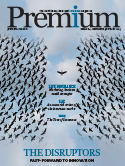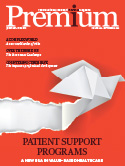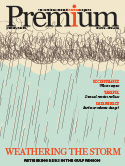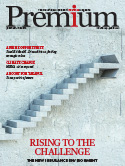Framework drawn for VFM in DC pension schemes

Regulation Financial Conduct Authority (FCA) and The Pensions Regulator (TPR) have published a joint discussion paper on developing a common framework for measuring value for money (VFM) in defined contribution (DC) pension schemes. The aim of the two regulators is to drive a long-term focus on VFM across the pensions sector.
DC savers can only maximise their retirement income if their scheme delivers value for money. For the regulators, this means well-run schemes delivering good investment performance that is not eroded by high costs and charges.
To allow good value schemes to compete, the FCA and TPR are proposing a common framework for disclosing information on the key elements which make up VFM: investment performance, scheme oversight – including data quality and communications, and costs and charges.
Sarah Pritchard, executive director for Markets at the FCA, said: “Consumers work hard for their pensions savings and it’s important that schemes are really delivering good-value products.
This issue is a complex one which impacts almost all pension savers so it’s important that we get it right. The proposals will help all those making decisions on behalf of consumers really challenge providers on value and allow better comparisons between products.”
David Fairs, TPR’s executive director for Regulatory Policy, Analysis and Advice, said: “DC savers rely on the pension system working as best as it can over the lifetime of their saving – every penny counts. That’s why independent governance committees and trustees need a framework which provides a holistic assessment of what VFM means – beyond cost and charges – to allow them to hold their providers to account and deliver the best possible outcomes for savers.”
The common framework will also allow trustees and independent governance committees to compare their scheme’s costs and charges, investment performance and service standards with similar offerings from other providers.
The FCA and TPR are inviting comments on the discussion paper by 10 December 2021 and will publish a feedback statement setting out next steps in 2022.





































